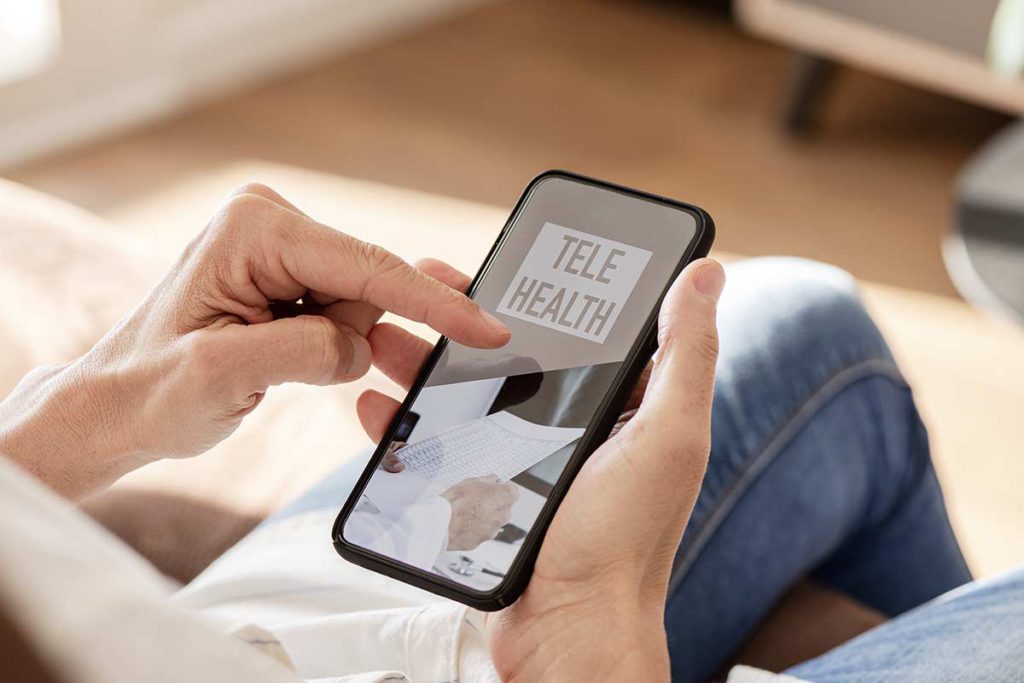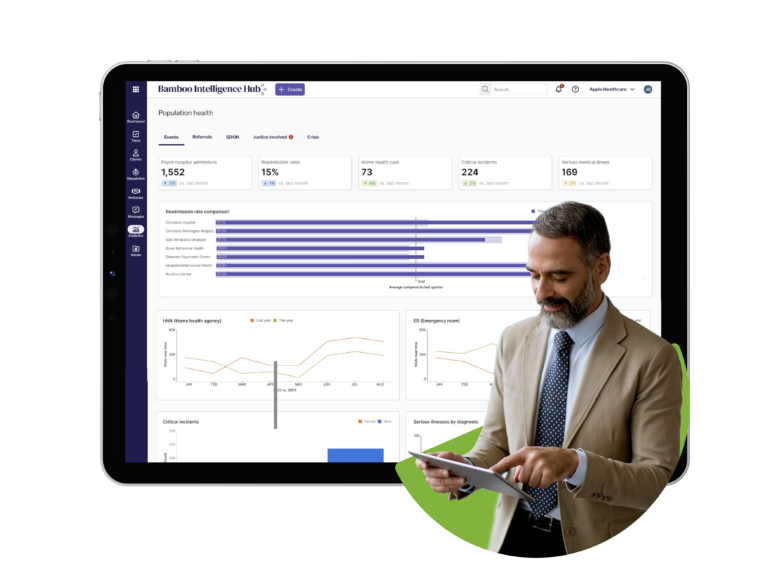Due to social distancing and stay at home orders, telehealth has become a go-to strategy for health care providers wishing to keep up with their clients. You can attend a telehealth appointment via phone, video, or email. Typically, telehealth services for substance use disorder take place via phone or video conferencing. Additionally, you can reach out to your therapist or medical provider regarding concerns you have about your mental health.
You may not find an immediate opening at a recovery program after detox due to COVID-19-related closures. Therefore, telehealth services can help you receive the care you need in an emergency. After taking our addiction treatment needs assessment, you can explore Treatment Connections to find the right telehealth provider for you. Once you have scheduled an appointment, the tips below can help prepare you.
Document Withdrawal Symptoms
Write down your main fears and concerns regarding obstacles to your long-term recovery. Treat the telehealth program just as seriously as you would an in-person group therapy or individual therapy session. Additionally, include any physical symptoms that you have concerning withdrawal or other health conditions.
Symptoms to write down include the following:
- Pain
- Headaches
- Confusion
- Nausea
- Depression
- Anxiety
Write Down Any Mental Health Concerns
Let your doctor or therapist know about any previously diagnosed mental health disorders. If you experience new symptoms, write them down in your Journal. This will help keep it fresh in your mind if you don’t get to talk to your care provider right away.
If you currently take any medications for substance use disorder or mental health concerns, let your telehealth consultant know. Come to the first session prepared to provide detailed information about your past health conditions, including substance use disorders.
Write Down Your Questions
You may do a lot of writing before a telehealth appointment. However, this helps you remember questions that come up while they’re still fresh in your mind. If you already keep a journal, add your questions in a designated section to have them handy for your virtual appointment.
Find a Quiet Place for the Telehealth Appointment
If you live with your family, pets, or roommates, you may have difficulty finding a quiet place for your telehealth appointment. Look for a calm spot where you can speak freely without getting frustrated or anxious. Turning on the TV and using headphones or earbuds can help you hear the doctor or therapist better.
Prepare Your Device Well in Advance
You will need a laptop, tablet, or smartphone to talk to your telehealth providers. Make sure that your device of choice has enough power to get through the session. You may also want to keep a backup handy, such as a smartphone that can act as a hot spot if the internet goes down. Usually, the telehealth provider sends easy to use instructions before the appointment. Be sure to review the instructions before the meeting.
Check Your Schedule for a Follow Up Appointment
A telehealth program gives you access to medical and psychological care during a shutdown. While technology is a great substitute during an emergency, your health care professional or mental health therapist will want to see you in person at some point. In the meantime, you will still have access to help via convenient telehealth services.
Preparing for the appointment in advance gives you time to think of all the things you want to ask your doctor or therapist. It may help to calm you down for a more productive session.
Treatment Connection provides an online directory of mental health and substance use disorder telehealth providers to help you find a treatment center in your area that fits your needs. You don’t have to feel alone during your recovery. If you feel that your sobriety or mental health hangs in the balance, reach out to a treatment center for an emergency telehealth appointment today.
DISCLAIMER: THIS BLOG POST DOES NOT PROVIDE MEDICAL ADVICE
The information, including but not limited to, text, graphics, images, and other material (collectively, “Information”) contained on this blog post are for informational purposes only. None of the Information is intended to be a substitute for professional medical advice, diagnosis, or treatment. Always seek the advice of your physician or other qualified health care provider with any questions you may have regarding a medical condition or treatment and before undertaking a new health care regimen, and never disregard professional medical advice or delay in seeking it because of something you have read on this blog post.



